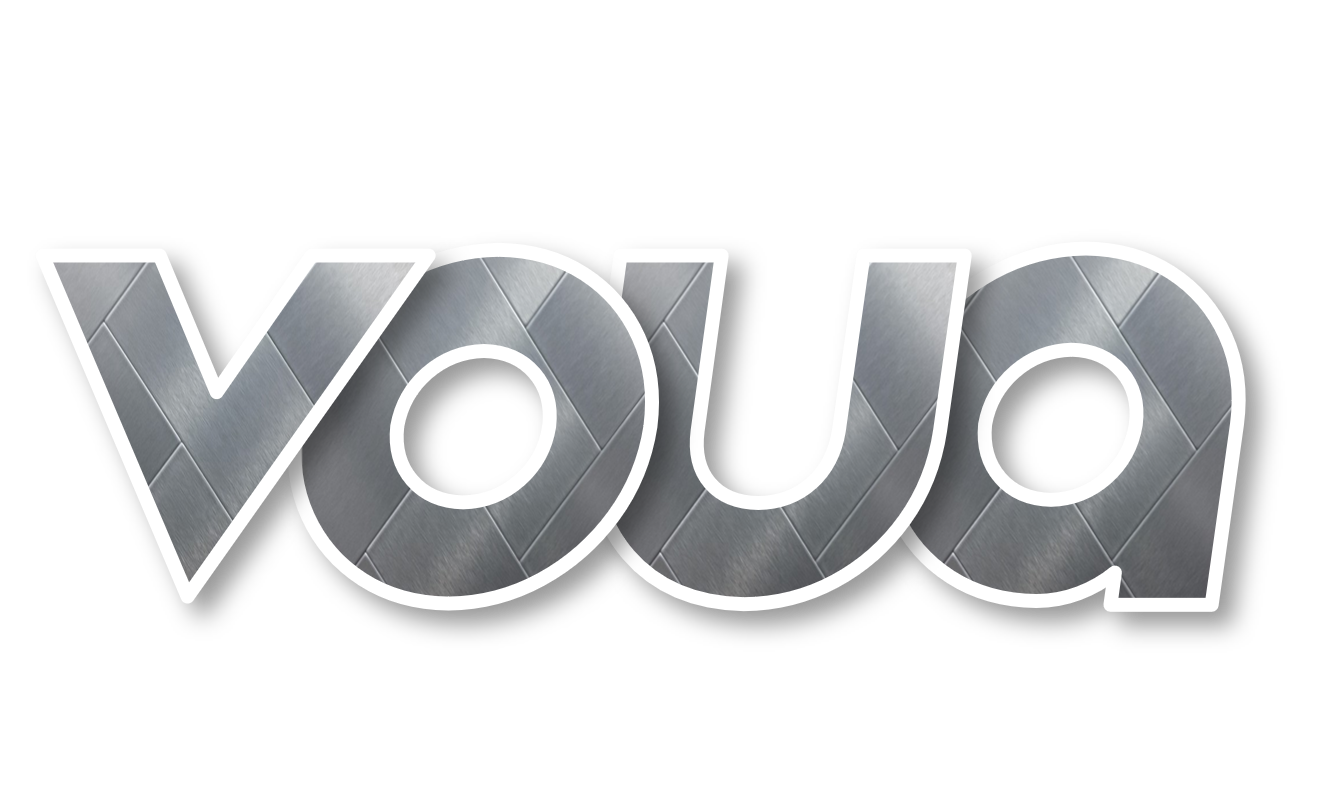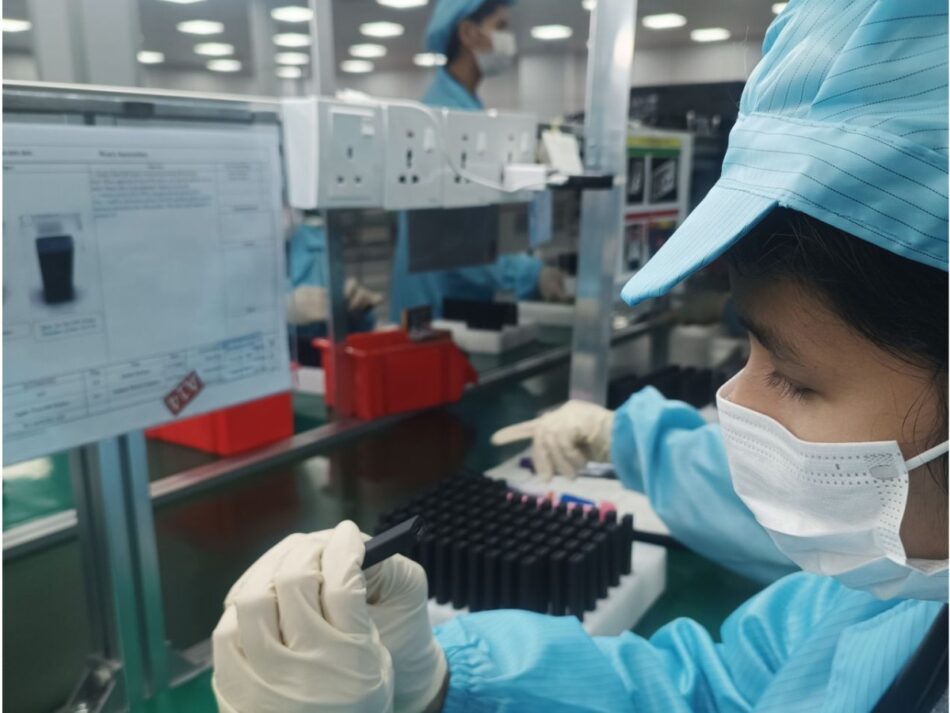While the United Kingdom banned disposable vapes on June 1, Malaysia issued the first federal nicotine manufacturing licence to an e-cigarette and cannabis vape company.
The interim licence for Ispire Technology Inc. – a Nasdaq-listed company based in California, the United States, that operates a vape manufacturing facility in Senai, Johor – was confirmed by the Ministry of Health’s (MOH) disease control division yesterday.
MOH said the interim nicotine vape manufacturing licence was issued by the Malaysian Investment Development Authority (MIDA), stressing that e-cigarettes are permitted and regulated under the Control of Smoking Products for Public Health Act 2024 (Act 852).
Under Act 852, the MOH said it is responsible for regulating the import, manufacture, and distribution of vape liquids, while the safety of e-cigarette devices is tested by Sirim and regulated by the Domestic Trade and Cost of Living Ministry (KPDN) under the Trade Descriptions Act 2011.
Crucially, the MOH said: “Any decision related to the import, manufacture, and distribution of electronic cigarette liquids is a collective decision by all government agencies as above.”
Act 852, according to the MOH, regulates the “contents and emissions” of smoking products for public health and safety. The MOH’s statement yesterday also curiously mentioned “medical substances”.
Is the Malaysian government now looking at vape as a potential “harm reduction” alternative to smoked tobacco or considering vapes to be “medical devices”?
New Zealand has a harm reduction approach to vaping, with its Health Ministry saying that “vaping is much less harmful than smoking” and that vaping can contribute to New Zealand’s Smokefree 2025 goal.
In July 2024, Australia restricted nicotine vape sales to pharmacies; users need a doctor’s prescription to buy vapes. The choice is limited to three flavours: mint, menthol, and tobacco. Last October, vapes became legal for Australians aged 18 and over without a prescription under changes to national vaping legislation. But the state governments of Tasmania and Western Australia have vowed to maintain prescription-only access.
If Malaysia is heading down the harm reduction route, then the government should be clear and elaborate on how switching to vaping can help the country achieve its 2040 smoke free goal.
Ispire Malaysia Sdn Bhd, which produces both nicotine vape and cannabis vaporisers in its Senai factory, is registered with the Companies Commission of Malaysia (SSM) as a medical device company.
In an investor presentation last month in Las Vegas, Ispire said it produces “mainly cannabis-related products” in its Johor factory, but now touts a potential of making “a billion pods” of disposable nicotine vapes under Phase Two production.
Note: Being a listed company on Nasdaq, Ispire is open about making cannabis vape products for export to the US; all of its materials are available on its website, as well as investor presentations and press releases filed on the US’ Securities and Exchange Commission (SEC).
It is not yet immediately clear which licences were involved in the manufacture of cannabis vaporisers in Ispire’s Johor plant. The MOH’s statement yesterday did not touch on the cannabis aspect. CodeBlue has requested comments from Ispire Technology.

Ispire expects to receive a final nicotine manufacturing licence from the Malaysian government in the coming months.
The federal government likely won’t be able to stop a floodgate of similar nicotine licences for Malaysian vape manufacturers, who were furious with the unprecedented authorisation for a foreign company when they have been denied for years.
However, multiple state governments under various administrations – Perikatan Nasional, Pakatan Harapan, and Barisan Nasional – have recently moved to ban the sale of e-cigarettes or increase restrictions, mainly due to concerns over vapes adulterated with illicit drugs and use among youths.
For more than a decade, the Malaysian government stood firm against e-cigarettes and vapes across multiple administrations.
But after Prime Minister Anwar Ibrahim’s administration came into power, liquid nicotine was removed from the Poisons List in 2023 (under Health Minister Dr Zaliha Mustafa) and an e-cigarette company received the first federal nicotine manufacturing licence in 2025 (under Health Minister Dzulkefly Ahmad).
On World No Tobacco Day, the MOH and anti-tobacco groups unveiled a “Pak Lung” mascot – a chubby tiger holding a symbol with a red line across a cigarette, vape, and marijuana leaf. The mascot is dressed in different T-shirts, depending on the organisation (MOH’s version is a doctor in a white coat with a stethoscope around its neck).
Perhaps there should be a Pak Lung pharmacist version doling out prescription vapes.
Boo Su-Lyn is the editor-in-chief of CodeBlue.
- This is the personal opinion of the writer or publication and does not necessarily represent the views of CodeBlue.






